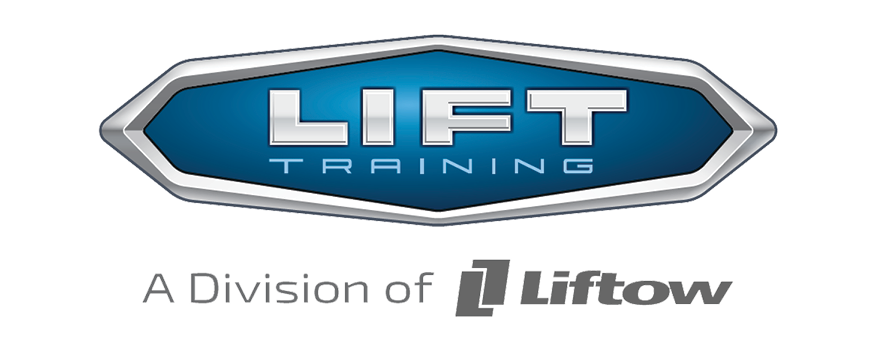
Certification tracking is an essential part of managing employee training and qualifications. Keeping track of who is certified, when their certifications expire, and what training is required ensures that your workplace stays compliant and safe. Without a proper system, this task can become overwhelming, leading to missed renewals and potential safety risks. Continue reading as we share how certification tracking can significantly enhance the management of employee qualifications, helping your business stay on top of compliance and safety requirements.
Understanding Certification Tracking
Certification tracking is a system used to manage and monitor the certifications and qualifications of employees. It involves documenting each employee’s training, certification expiry dates, and any upcoming renewal requirements. This ensures that all employees stay current with their necessary qualifications and that the company remains compliant with industry regulations.
The tracking process typically starts with collecting information about each employee’s certifications. Details such as the type of certification, the issuing body, the date of issuance, and the expiry date are recorded. This data helps in creating a centralized database that is easy to manage and update.
Certification tracking is not just about having the right documents; it’s about ensuring that employees are qualified to perform their duties safely. For example, in industries like construction or healthcare, employees must have valid certifications to use certain equipment or perform specific procedures. Keeping an organized record of these certifications helps avoid lapses that could result in accidents or non-compliance with safety regulations.
Benefits of Certification Tracking Systems
Using a certification tracking system brings a wide range of benefits to any business. First and foremost, it simplifies the process of managing certifications. Instead of juggling paper records or multiple spreadsheets, you have a single, centralized system that keeps all information updated and accessible.
One major benefit is improved compliance. Certification tracking systems notify you when an employee’s certification is about to expire, giving ample time to schedule renewal training. This proactive approach ensures that there are no gaps in qualifications, which can prevent fines and other penalties from regulatory bodies.
Another advantage is increased efficiency. Automated tracking systems reduce the administrative workload associated with managing certifications. This allows HR and training departments to focus on other important tasks, rather than constantly checking expiration dates and scheduling renewals.
Moreover, tracking systems can enhance safety. By ensuring that all employees are up-to-date with their certifications, you reduce the risk of workplace accidents and ensure that everyone is properly trained. This leads to a safer work environment and can also boost employee confidence and morale, knowing that their qualifications are properly managed.
Key Features to Look for in Certification Tracking Software
When choosing certification tracking software, there are several key features to consider. First, look for software that offers automatic reminders. This ensures that you and your employees are notified well before a certification expires, giving ample time to renew qualifications.
Another important feature is a user-friendly interface. The software should be easy to navigate so that both administrators and employees can use it effectively. Look for systems that provide clear dashboards and reporting tools. These help you quickly see the status of all certifications and identify any upcoming renewals.
Integration capabilities are also crucial. The best certification tracking software can integrate with other HR or training systems you may already be using. This ensures a seamless flow of information, reducing redundant data entry and minimizing errors.
Finally, choose software that offers secure data storage and access. Protecting sensitive employee information is critical. Your chosen software should have robust security measures in place to keep your data safe and meet all privacy regulations.
Best Practices for Efficient Certification Management
Managing certifications efficiently requires a well-organized approach. Start by creating a centralized record-keeping system. Whether you use dedicated software or a simple database, ensure all certification data is stored in one place. This makes it easier to access and update information as needed.
Regularly update certification information. Make it a habit to review and update records whenever an employee completes new training or renews a certification. Accurate records help prevent lapses and ensure your business remains compliant.
Plan for renewals in advance. Don’t wait until the last minute to schedule training sessions. Use automated reminders to keep track of upcoming expirations and ensure renewals are completed well before the deadline. This proactive approach helps avoid disruptions and keeps everyone prepared.
Additionally, communicate clearly with employees about their certification status and any upcoming renewals. Keeping your team informed helps them take responsibility for their own certifications, contributing to a culture of accountability and safety.
Conclusion
Certification tracking is a vital component of managing employee qualifications and ensuring a safe, compliant workplace. By understanding the fundamentals of certification tracking, recognizing the benefits of dedicated systems, and knowing what features to look for in tracking software, you can make informed decisions that enhance your business operations.
At LIFT Training, we are dedicated to helping businesses streamline their powered industrial truck certification tracking processes with state-of-the-art software and comprehensive training solutions. Contact us today to learn how we can support your certification management needs and ensure your workplace remains safe and compliant.
